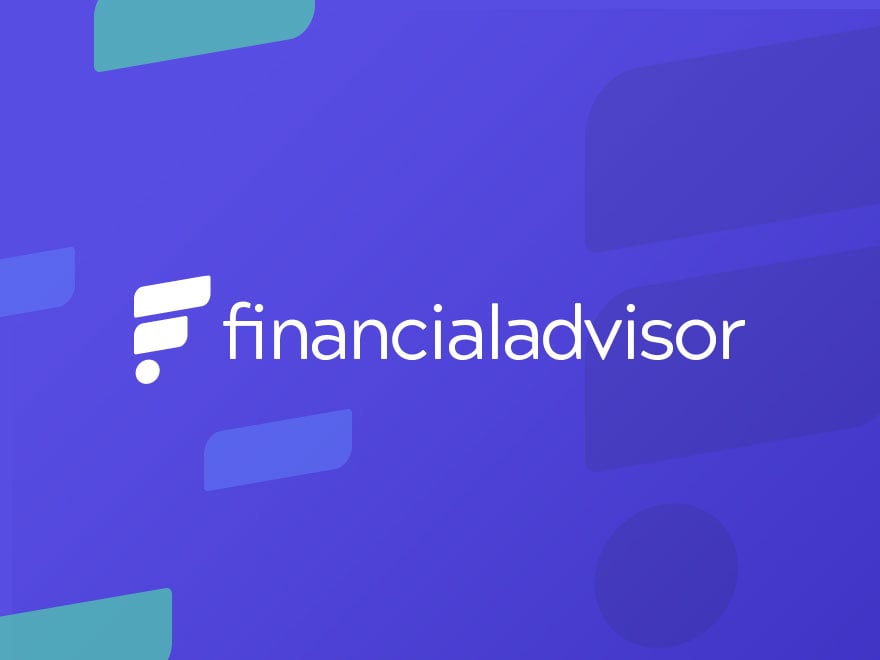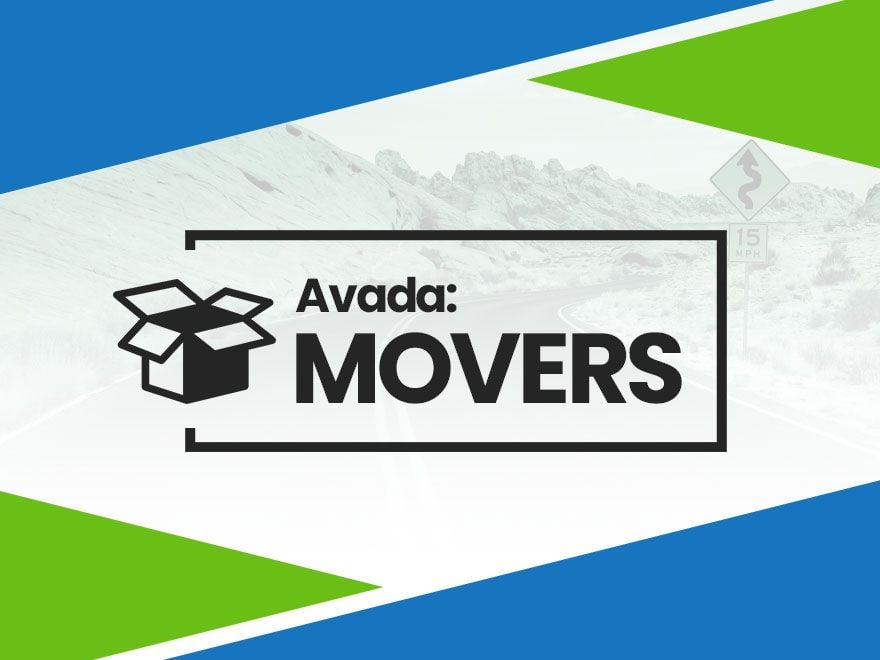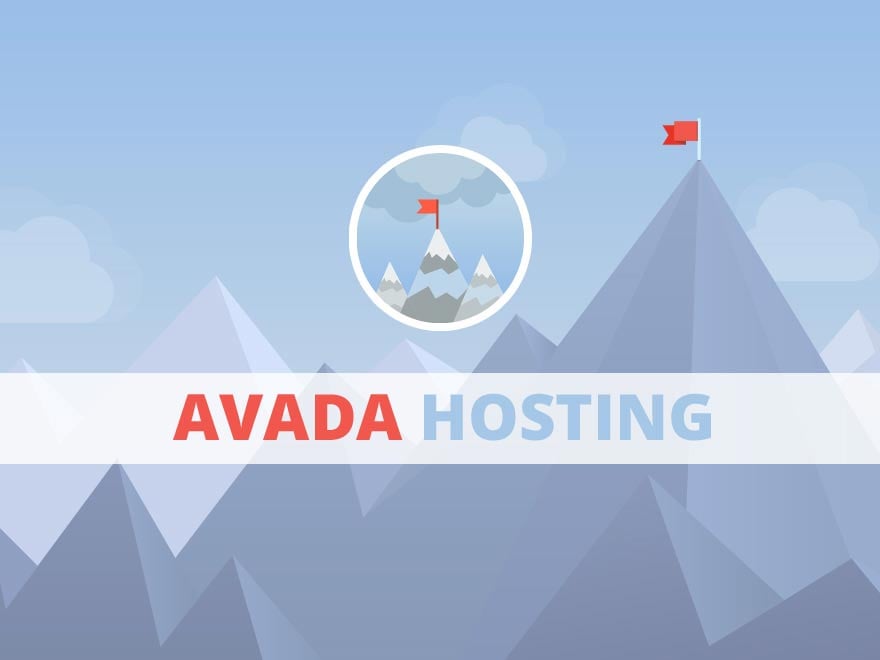Is Your Site Running Slow?
Last Update: July 23, 2024
If your site is not running as fast as you’d like, there could be a few different issues. Results will vary though, depending on the items below. This post will outline the common issues that can slow down your site, and some of the steps you can take to speed it up.
Plugins
Plugins are one of the awesome aspects of WordPress. You can find a plugin that does a specific job, install it, and have that functionality out of the box. But plugins do add to the number of requests the site makes when loading a page, so it’s best to be prudent when adding new plugins.
There is no specific number of plugins that will affect the speed of your site. It’s usually not too many plugins that cause problems on your website, but instead poorly coded ones. Poorly coded plugins can cause websites to crash, affect page speed, and introduce security risks, so they can often be the weakest link. Don’t just add plugins randomly without careful evaluation of their quality.
The basic rule of thumb when adding plugins to your site is only to add a plugin if you really need that functionality. And then, choose wisely from the repository. There is a great review system to help you, so it makes sense to choose plugins from well respected plugin authors and ones that are regularly updated, and get high ratings and great reviews.
Finally, make sure you review your site regularly, removing any plugins you are not using, including inactive ones and keep all plugins updated at all times.
Use A Caching Plugin
One plugin that should be high on your list is a caching plugin. Caching plugins are created to help speed up your site. Your site’s loading time will certainly decrease when you use one. They can be difficult to configure, but a well configured caching plugin will definitely shave some time off your page loading times.
There are many different caching plugins on the market; many are free and some are premium. In addition, your host may or may not allowed certain ones due to their own caching system. So there is not one solution for all. For more details on cache plugins please follow the link below.
Images / Content
It is critical that your images be optimized for the web. This is one of the most common reasons for slow websites. Having images larger than they need to be in file size, can drastically slow down your site speed. Also, it is equally important not to upload larger images than what is needed. For example, if you have an image that needs to be a featured blog image that will have a sidebar, then the image area is only about 670px wide. Determine the required size of your images based on the width of your site, as set in the Global Options. We also recommend using an image editing tool like Photoshop to “Save For Web” to optimize images and reduce the overall file size.
A great tool to compress JPEGs and PNGs files is Compressor.io, it allows you to easily upload a file and then will auto compress it for you. There are also Image Optimization plugins such as ShortPixel and reSmush.it which can further optimize your images.
Server / Hosting
Sometimes slow speed can be a result of your hosting service. Some shared hosting services can be overcrowded and have a direct effect on speed. This is a very broad topic, but it is a simple fact, that some hosts are better than others. If you have checked the above two items and the site is still slow, the most likely it is a server/hosting issue. Contact your host and discuss it with them.
Enable / Disable Avada Features
We include several options to disable theme features in the Avada > Options > Advanced > Features tab. If you know you won’t be using certain features on a website, then disabling them can have a small effect on load times.
Consider a CDN
Your site may benefit from a CDN (Content Delivery Network), like Cloudflare. CDNs utilize their own servers which are located in between the origin infrastructure (server where the content is actually located) and the end users. CDNs cache content in servers that are located closer to the end user, which means faster access as the distance to traverse is shorter.
Consult A Performance Testing Website
There are a range of website performance testing services available. These sites can analyse your site’s loading time and pinpoint the specific issues you need to address to speed up your loading time. We have recently published a series of documents on the leading Performance Testing websites. For specific information on each one, please see our Performance Testing Using Google PageSpeed Insights, Performance Testing Using Pingdom, Performance Testing Using GTmetrix, and Performance Testing Using WebPageTest documents.
















































































































